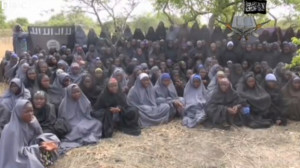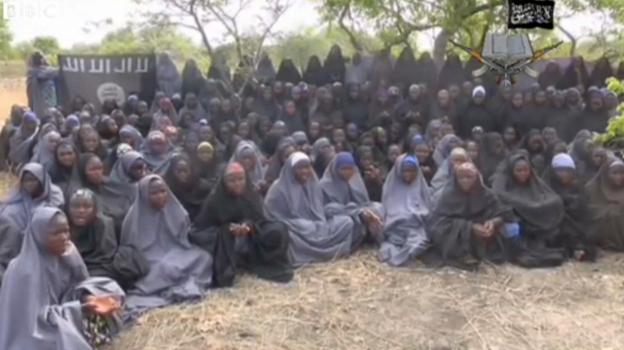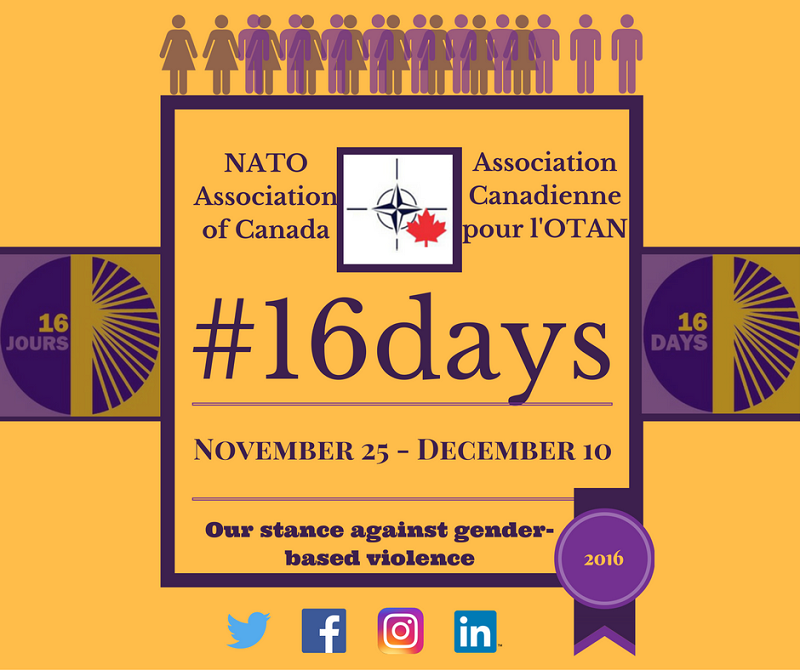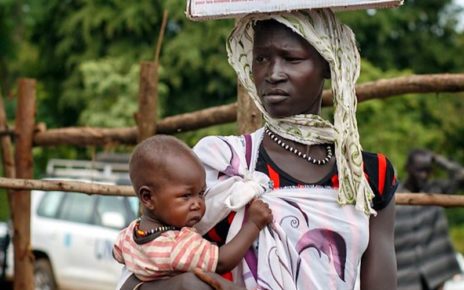When U.S. President Barack Obama publicly denounced the actions by the Nigerian terrorist organization Boko Haram after its engagement in the April 15 kidnapping of over two hundred school girls, he ignited a wave of optimism, while simultaneously creating the false expectation that the international community would be united in its effort to eradicate lawless activity in Nigeria and bring about immediate social change. In the wake of his address the world began a mad race to bring about such a change. Facebook and Twitter lit up with ‘Bring Back Our Girls’ hashtags, international demonstrations and protests became the focal point of every major news organization, and high profile celebrities eagerly gave their two cents’ worth on how such atrocities represented the plight of millions of disadvantaged girls all around the world. It seemed as if Boko Haram’s tactics had spurred a tipping point, forcing the international community to challenge Nigerian social customs of female suppression by engaging their governments to pursue a more interventionist diplomacy.

Yet four months later the optimism over the reunification of the abducted school girls with their families has fizzled out. Not only has the global community moved on, but contrary to President Obama’s initial promise to eradicate the region of radical terrorism, Nigeria’s Boko Haram is still as strong and as active as it was before making international headlines. On July 17, the group violently took control of the town Damboa, killing over sixty civilians in the process. This was followed by its seizure of the town of Bama in the state of Borno on September 2, forcing mass civilian displacement and creating a severe blow to the Nigerian military.
Loosely translated, Boko Haram means ‘Western education is forbidden’ and since its conception in 2002 its mandate has been to establish an Islamic state throughout the whole of Nigeria. Despite promises made by the Obama administration to recover the kidnapped girls and to weaken Boko Haram’s capabilities, today the terrorist group holds control over eight towns within Eastern Nigeria, forcing experts to believe that Boko Haram’s strategy is to surround and capture the state capital of Maiduguri. After so much attention was given to the plight of the kidnapped girls there are some theories as to why Boko Haram still remains such a powerful force and why threats from the West to dismantle the group have fallen flat.
When President Obama promised to help retrieve the missing girls by offering the government of Nigeria military assistance, he did so in the form of surveillance support, rather than by supplying boots on the ground, due to the constraints made by the Leahy Law (which restricts the United States from collaborating with the military of a country that is accused of human rights abuses). It is likely that any recovery of Boko Haram’s victims could have been made had the United States been able to provide active military personnel.
Besides the lack of active Western military involvement, the failed promise to bring back the missing girls could also be attributed to the overwhelming enormity of international conflicts which the global community has had to face. In the wake of the Russia – Ukraine crisis and the unsettling rise of the Islamic State in Syria and Iraq (ISIS) sweeping throughout the Middle East, it is not possible for any one country to focus enough resources to actively make a significant difference in Nigeria’s terrorist troubles.
Finally, the lack of Western civilians being caught up in the kidnap plot could also be a defining factor in why Boko Haram has not been brought to justice. Had American or European citizens been amongst the kidnapped victims, then it is likely that their respected countries would have been more inclined to ramp up military pressure and focus more attention on their rescue.
It has been nearly five months since the two hundred school girls were kidnapped by Boko Haram, and nearly five months since the West’s promise to ensure their safe rescue has failed to provide any positive results. If there is one lesson to be learned from such a terrible event it is that merely denouncing the actions of another does not necessarily lead to the desired change. Powerful rhetoric does not always translate into powerful action. Hannah Styffe




